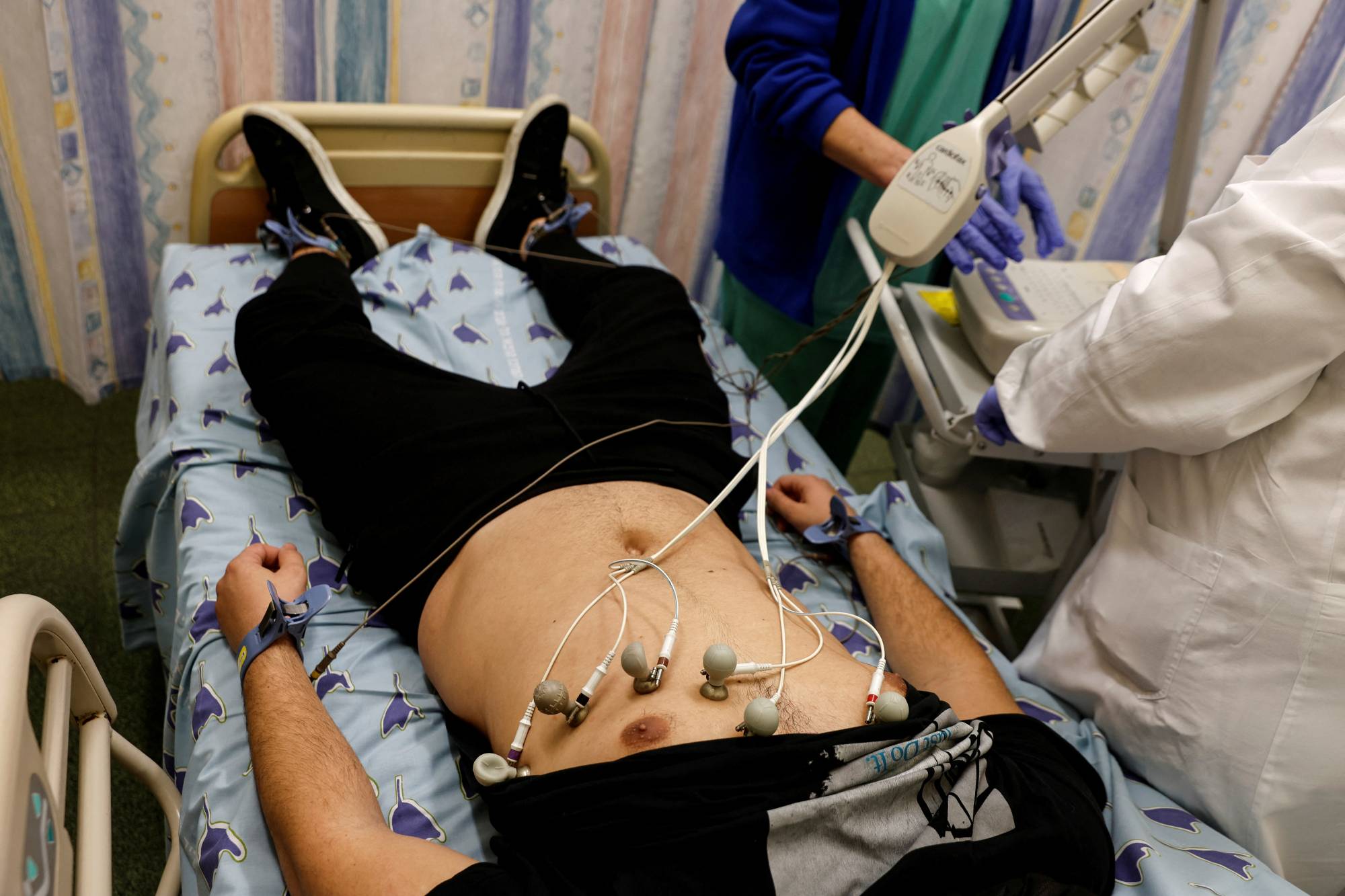COVID-19 patients can harbor the coronavirus in their feces for months after infection, researchers found, stoking concern that its persistence can aggravate the immune system and cause long COVID-19 symptoms.
In the largest study tracking SARS-CoV-2 RNA in feces and COVID-19 symptoms, scientists at California’s Stanford University found that about half of infected patients shed traces of the virus in their waste in the week after infection and almost 4% patients still emit them seven months later. The researchers also linked coronavirus RNA in feces to gastric upsets, and concluded that SARS-CoV-2 likely directly infects the gastrointestinal tract, where it may hide out.
"It raises the question that ongoing infections in hidden parts of the body may be important for long COVID,” said Ami Bhatt, a senior author on the study published online Tuesday in the journal Med, and an associate professor of medicine and genetics at Stanford. Lingering virus might directly invade cells and damage tissues or produce proteins that are provoking the immune system, she said in an interview.



















With your current subscription plan you can comment on stories. However, before writing your first comment, please create a display name in the Profile section of your subscriber account page.